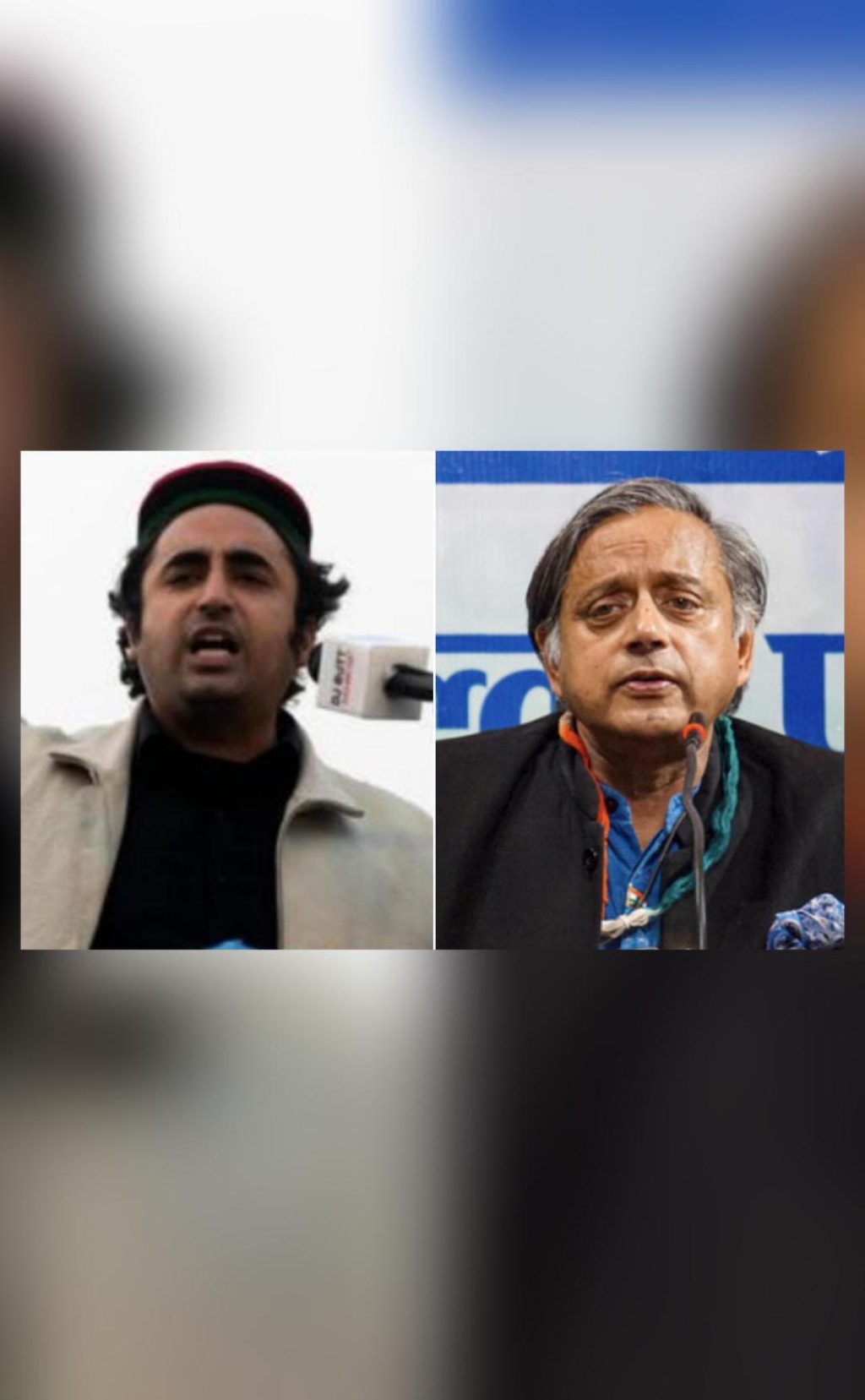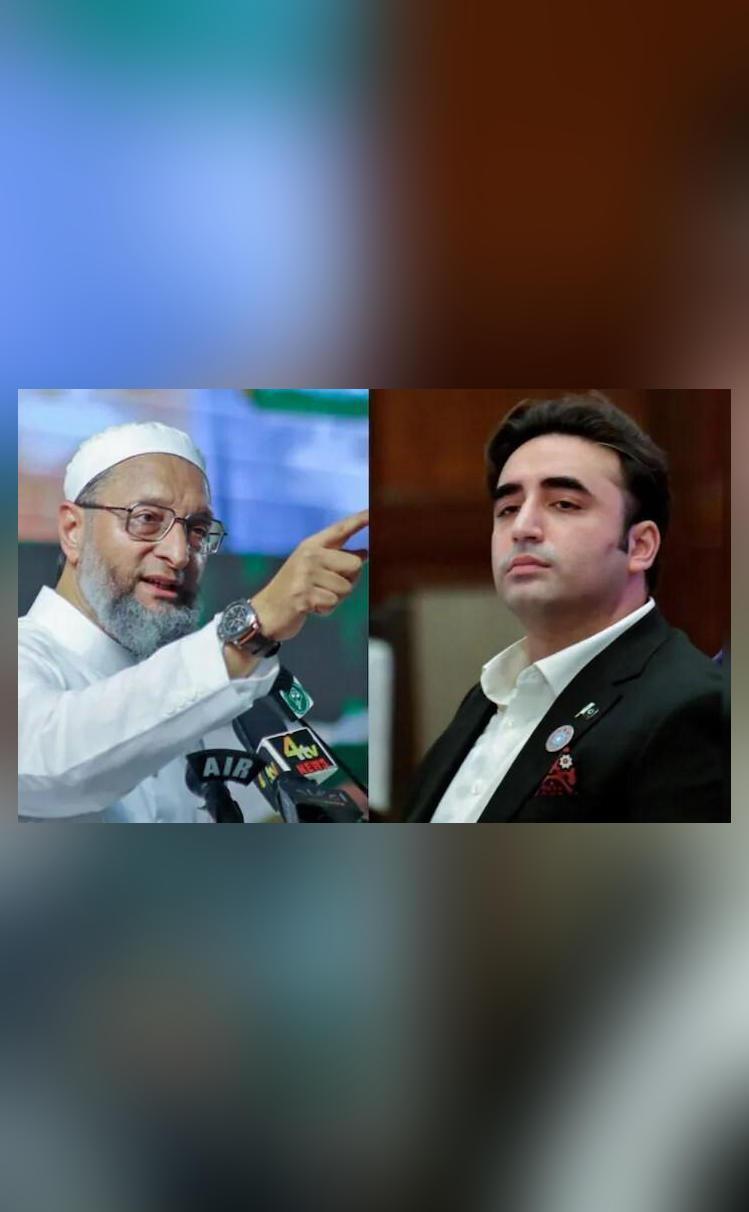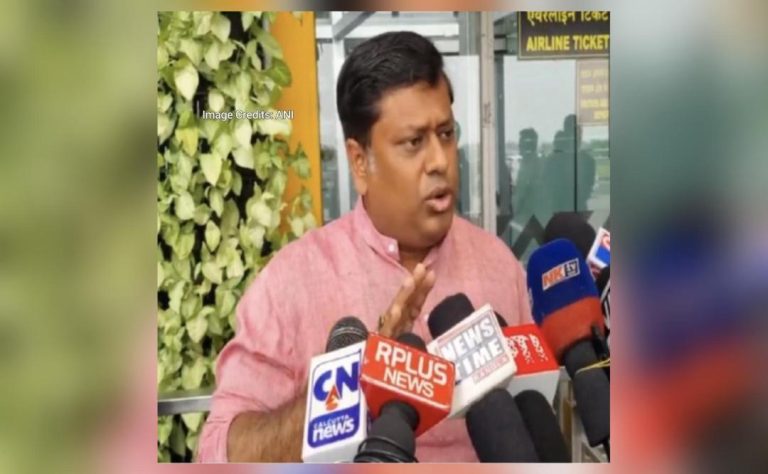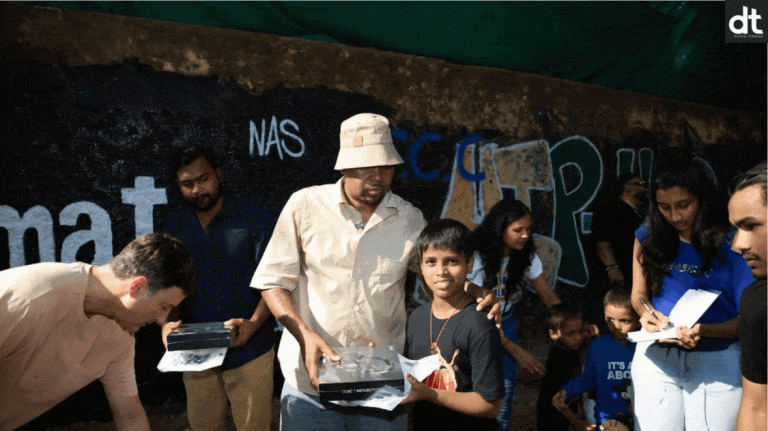
Just Inflammatory Rhetoric: Tharoor on Bilawal Bhutto’s Remark
Recent events have put the spotlight on the fragile relationship between India and Pakistan, with both nations entangled in a web of tension and hostility. The latest development in this saga is a provocative remark made by Pakistani politician Bilawal Bhutto, which has sparked outrage and condemnation from various quarters, including the Indian government and opposition parties.
Bilawal Bhutto, the chairman of the Pakistan Peoples Party (PPP), recently commented on India’s decision to suspend the Indus Waters Treaty (IWT) in response to the Pahalgam terrorist attack, which claimed the lives of three Indian soldiers. Bhutto’s remark, which has been widely reported and condemned, was that India’s decision to suspend the treaty was “a sign of weakness” and that Pakistan would “take revenge” for any harm done to its people.
However, Congress MP Shashi Tharoor has rejected Bhutto’s remark as “just inflammatory rhetoric”, emphasizing that Pakistan cannot continue to kill Indians with impunity. Tharoor’s response is a stark reminder of the need for both nations to adopt a more measured and responsible approach to their conflict.
In an interview with ANI, Tharoor said, “Pakistanis have to understand they simply can not kill Indians with impunity. If blood is going to flow, it will flow possibly more on their side.” His remarks are a stark warning to Pakistan that its actions have consequences, and that India will not be intimidated or bullied into submission.
Tharoor’s response is a reflection of the deep-seated concerns and anxieties that exist between India and Pakistan. The Pahalgam terrorist attack was a stark reminder of the ongoing threat posed by terrorist groups operating from Pakistani soil, and India’s decision to suspend the IWT was a necessary response to this threat.
The IWT, signed in 1960, is a bilateral agreement that governs the sharing of the waters of the Indus River and its tributaries between India and Pakistan. The treaty has been a cornerstone of Indo-Pakistani relations, providing a framework for cooperation and cooperation on water issues.
However, in recent years, the relationship between India and Pakistan has deteriorated significantly, with both nations engaging in a series of diplomatic and military sparring matches. The Pahalgam terrorist attack was the latest in a long series of incidents that have strained relations between the two nations.
Tharoor’s response to Bhutto’s remark is a reflection of the need for both nations to adopt a more constructive and cooperative approach to their conflict. The Indian government’s decision to suspend the IWT was a necessary response to the Pahalgam terrorist attack, but it is also a reminder of the need for Pakistan to take concrete action to tackle terrorism and dismantle terrorist infrastructure on its soil.
Pakistan’s failure to do so has led to a situation where terrorist groups are able to operate with impunity, targeting Indian citizens and security forces with relative ease. Tharoor’s remarks are a stark warning to Pakistan that its inaction has consequences, and that India will not be intimidated or bullied into submission.
Tharoor’s response is also a reflection of the need for both nations to adopt a more nuanced and sophisticated approach to their conflict. The Pahalgam terrorist attack was a stark reminder of the ongoing threat posed by terrorist groups operating from Pakistani soil, but it is also a reminder of the need for India and Pakistan to work together to address this threat.
The Indian government’s decision to suspend the IWT was a necessary response to the Pahalgam terrorist attack, but it is also a reminder of the need for Pakistan to take concrete action to tackle terrorism and dismantle terrorist infrastructure on its soil. Tharoor’s remarks are a stark warning to Pakistan that its inaction has consequences, and that India will not be intimidated or bullied into submission.
In conclusion, Tharoor’s response to Bhutto’s remark is a stark reminder of the need for both India and Pakistan to adopt a more measured and responsible approach to their conflict. The Pahalgam terrorist attack was a stark reminder of the ongoing threat posed by terrorist groups operating from Pakistani soil, and India’s decision to suspend the IWT was a necessary response to this threat.
However, Tharoor’s remarks are also a reminder of the need for Pakistan to take concrete action to tackle terrorism and dismantle terrorist infrastructure on its soil. Pakistan’s failure to do so has led to a situation where terrorist groups are able to operate with impunity, targeting Indian citizens and security forces with relative ease.
The Indian government’s decision to suspend the IWT was a necessary response to the Pahalgam terrorist attack, but it is also a reminder of the need for India and Pakistan to work together to address this threat. Tharoor’s remarks are a stark warning to Pakistan that its inaction has consequences, and that India will not be intimidated or bullied into submission.






